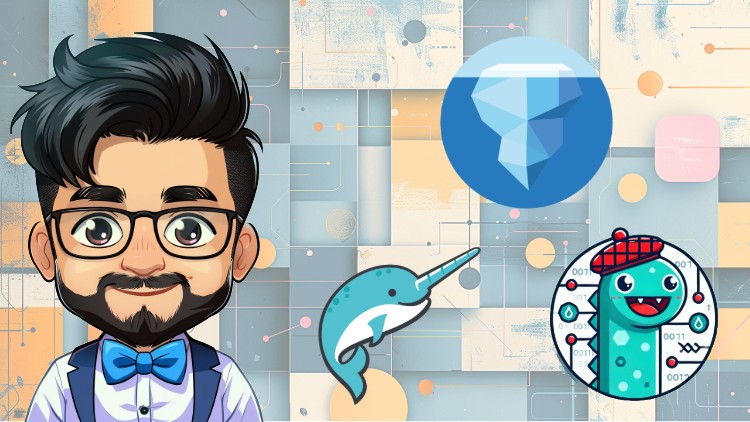
Basics of Being a Lakehouse Data Engineer
What you will learn
What is a Data Lakehouse?
What is Apache Iceberg, Nessie and Dremio?
How to deploy a local lakehouse environment
How do work with Iceberg tables using SQL
Why take this course?
Welcome to “Basics of Lakehouse Engineering – Iceberg, Nessie, Dremio”! This course is designed for aspiring data engineers who want to dive into the fundamentals of data engineering within the context of an open lakehouse architecture. You’ll gain a comprehensive understanding of key technologies like Apache Iceberg, Nessie, and Dremio, and how they work together to revolutionize data management.
What You’ll Learn:
- Introduction to Lakehouse Architecture: Understand the principles of lakehouse architecture and its advantages over traditional data warehouses and data lakes.
- Apache Iceberg: Explore the basics of Apache Iceberg, a high-performance table format for huge analytic datasets.
- Project Nessie: Learn about Project Nessie, a Git-like experience for data, providing version control for your data lake.
- Dremio: Discover how Dremio integrates with Iceberg and Nessie to deliver lightning-fast queries and an optimal analytics experience.
- Hands-on Setup: Set up a local environment to get hands-on with these technologies, including Docker configurations and initial setup steps.
- Basic SQL with Iceberg Tables: Perform basic SQL operations on Iceberg tables to understand data manipulation and querying in a lakehouse context.
Why Take This Course?
This course is ideal for data engineering beginners and professionals who want to expand their skill set with modern, open-source technologies. By the end of the course, you’ll be equipped with the knowledge and practical skills to set up and manage an open lakehouse environment, leveraging the power of Iceberg, Nessie, and Dremio for your data engineering projects.
Join us on this exciting journey to master the basics of lakehouse engineering and pave the way for a successful career in data engineering!